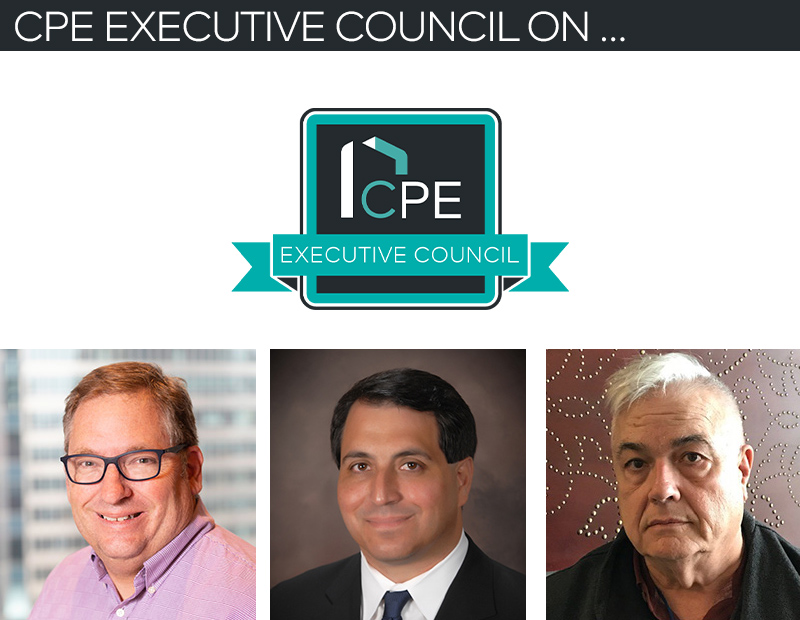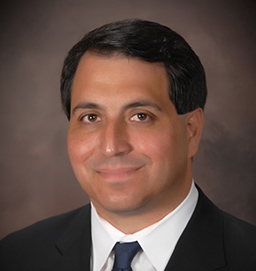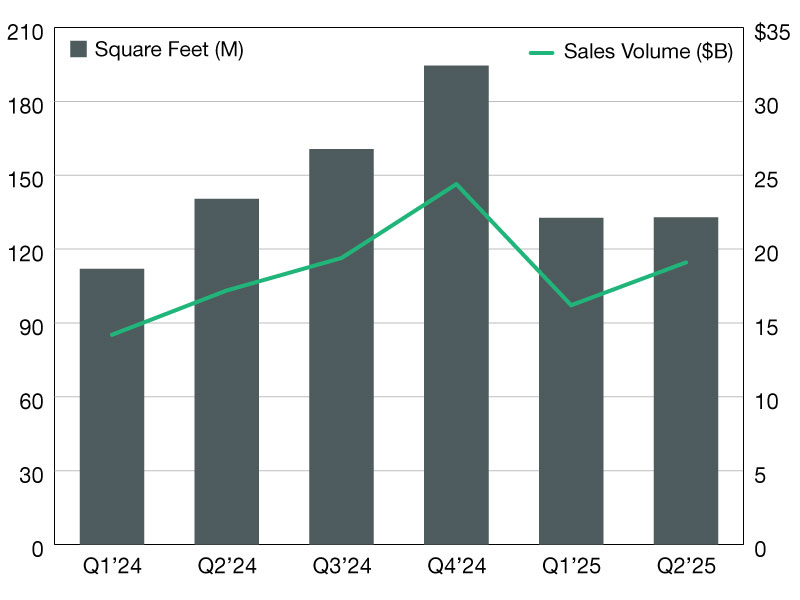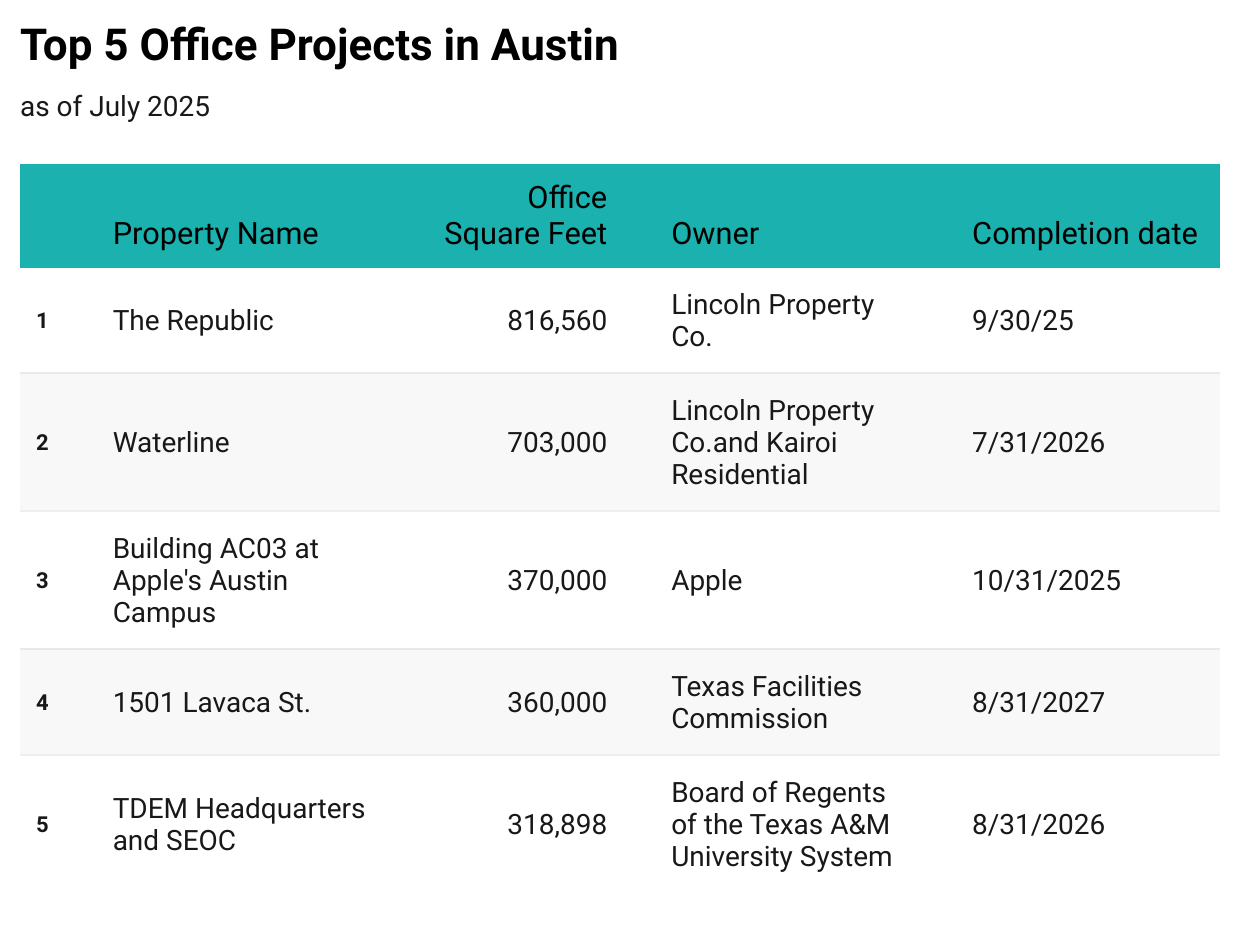CPE Executive Council: Should CRE Pros Be Specialists or Generalists?
The pros and cons of both.

If you want to succeed in commercial real estate, is it better to be a specialist in one area, or someone who explores different sectors? The CPE Executive Council shares their tips.

Get Specific
For those entering the commercial real estate industry, it is important to specialize while also having a base understanding of as many areas as possible. Being hyper-focused on one sector, one submarket, one specialty provides an advantage when advising and working with clients. The CRE industry is too big to have advise clients who have millions of dollars at stake if you are a generalist with a baseline of knowledge. —Dave Ebeling, Owner, Ebeling Communications

Smart Strategy
For newcomers to commercial real estate, choosing between specialization and a generalist approach is a crucial career decision. Starting as a generalist often makes sense early on, allowing you to explore various sectors—from office leasing to industrial properties—and build a broad understanding of the industry. This versatility helps you develop a wide network, adapt to market trends like the current strength in industrial due to e-commerce growth, and gain diverse skills valuable across roles.
However, specialization can distinguish you as an expert in niches like medical offices or logistics, where deep knowledge of market trends and key players commands higher credibility and earning potential. While specialists risk sector-specific downturns—such as office space challenges from remote work—they often enjoy stronger client trust and career longevity in resilient markets. Generalists may struggle against specialists in complex deals but benefit from flexibility to pivot across sectors.
A smart strategy is starting broad for two-three years to gain exposure and identify your passion, then gradually specializing to build a skill set—deep expertise in one area with general knowledge of how sectors interconnect. Align your focus with local market demands, seek mentorship, and consistently build your reputation through networking and platforms like LinkedIn. Whether you specialize or stay a generalist, remaining adaptable, informed, and client-focused will position you for long-term success in the dynamic CRE industry. —Randy Blankstein, President, The Boulder Group

Hybrid Approach
In the commercial real estate industry, the debate between specialization and being a generalist is nuanced, and the best path often depends on your career goals, market conditions, and client base.
Key considerations:
Specialization: Deep Expertise and Market Authority
Pros:
- Credibility and Trust: Specialists are seen as experts in their niche (e.g., medical office, industrial, retail), which builds client confidence.
- Higher Earnings Potential: Niche expertise often commands premium fees and better deal flow.
- Focused Marketing: Easier to tailor messaging and build a recognizable brand.
- Efficient Operations: Fewer variables to manage, leading to streamlined processes and better forecasting.
- Referral Magnet: Specialists often become the go-to person for specific asset classes or markets.
Cons:
- Market Vulnerability: If your niche suffers (e.g., office space post-COVID), your business may struggle.
- Limited Flexibility: May miss out on opportunities outside your specialty.
Generalist: Versatility and Adaptability
Pros:
- Broader Opportunity Access: Can pivot across asset classes and markets as trends shift.
- Risk Diversification: Exposure to multiple sectors reduces vulnerability to downturns in any one area.
- Creative Problem Solving: Cross-sector experience can lead to innovative deal structures and strategies.
- Client Range: Ability to serve a wider variety of clients and needs.
Cons:
- Diluted Brand: Harder to stand out in a crowded market.
- Operational Complexity: Managing diverse deal types and client expectations can be overwhelming.
- Slower Path to Authority: Building deep expertise across multiple areas takes longer.
Which Is Better?
Early Career: Generalism can help you explore different sectors and build foundational knowledge.
Mid to Late Career: Specialization often leads to stronger branding, deeper relationships, and higher income.
Market Strategy: In volatile or evolving markets, generalists may have an edge in agility and resilience.
Hybrid Approach: The Strategic Middle Ground
Many successful CRE professionals adopt a “focused generalist” model:
- Specialize in one or two asset classes or geographic markets.
- Stay open to adjacent opportunities.
- Use data and tech tools to stay informed across sectors. —Doug Ressler, Manager, Business Intelligence, Yardi
Interested in joining the CPE Executive Council and being featured in future articles? Email Jessica Fiur.







You must be logged in to post a comment.